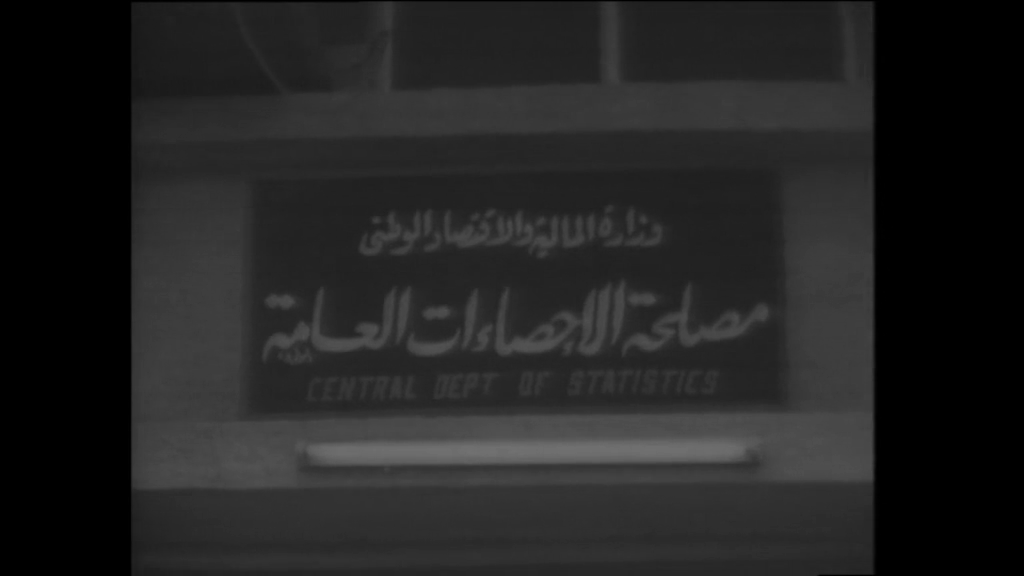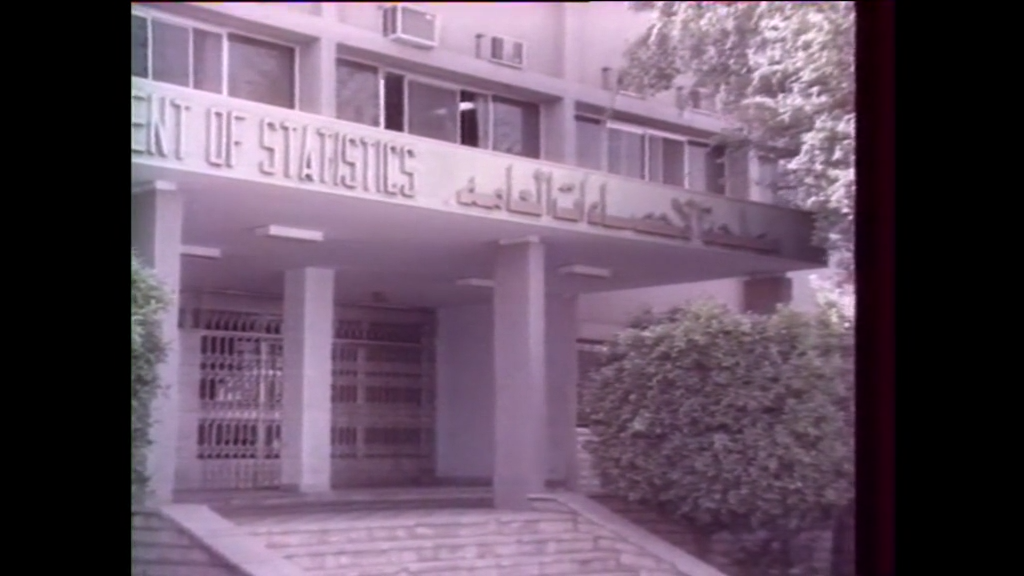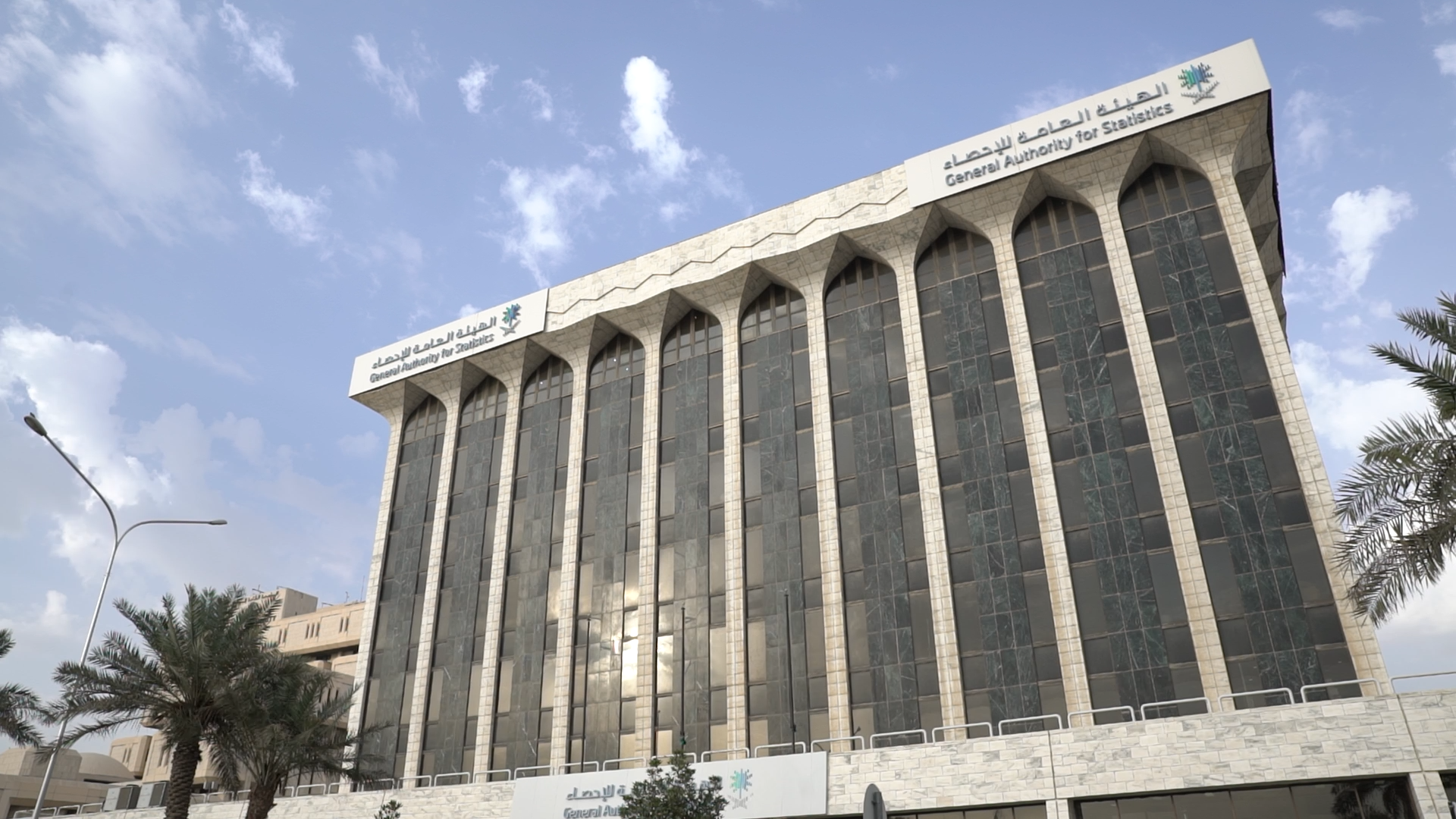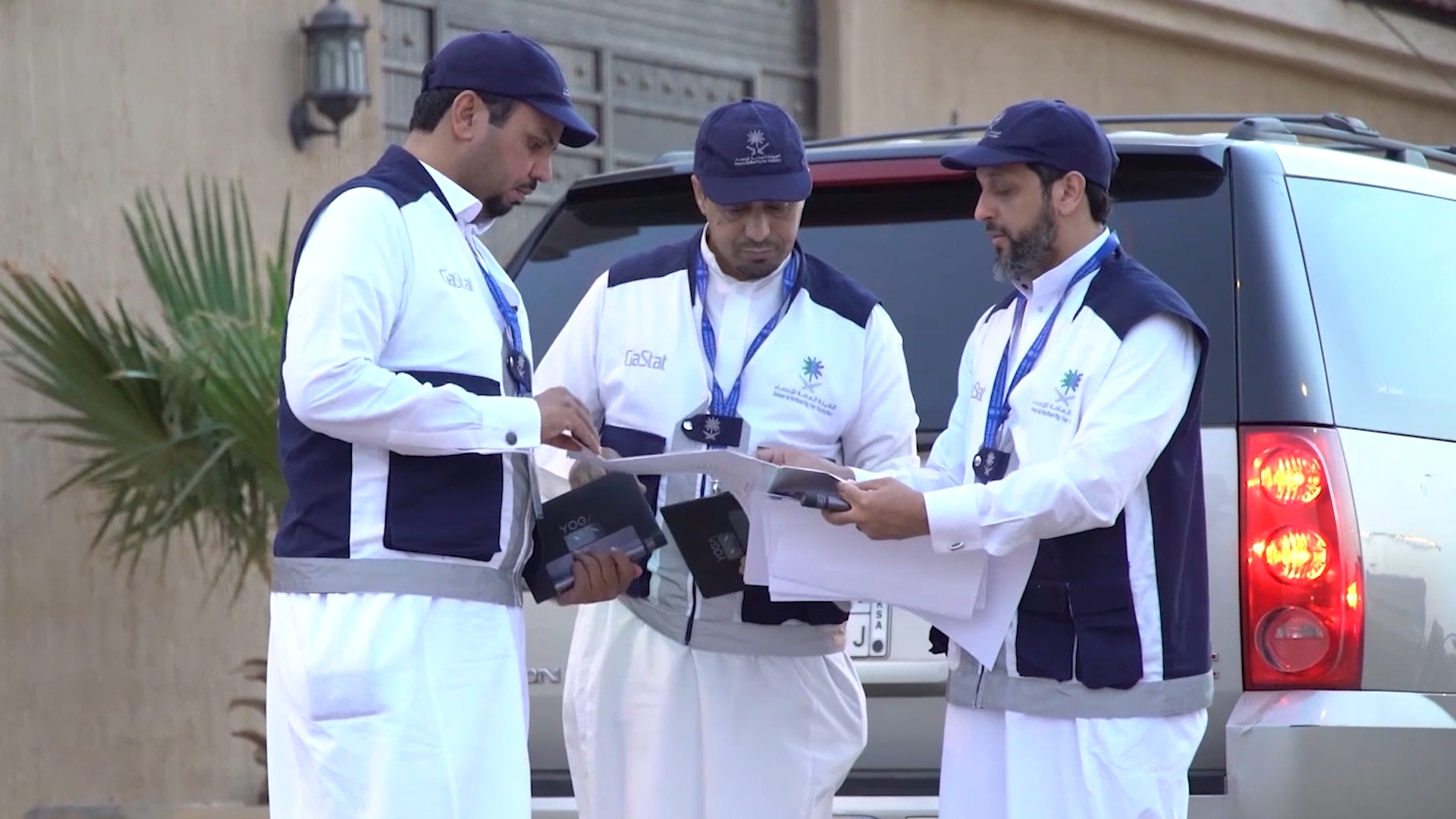Official government website of the Government of the Kingdom of Saudi Arabia
Links to official Saudi websites end withgov.sa
All links to official websites of government agencies in the Kingdom ofSaudi Arabia end with .gov.sa
Government websites use theHTTPSprotocol for encryption and security.
Secure websites in the Kingdom of Saudi Arabia use the HTTPS protocolfor encryption.
This year, GASTAT celebrates 65 years since its establishment
marking a foundational milestone in the history of official statistical work in the Kingdom of Saudi Arabia since its inception in 1960. This occasion reflects a national journey full of achievements throughout decades of continuous efforts in producing official statistics, developing methodologies, expanding partnerships, and keeping pace with digital transformation and advanced global practices in the statistical sector. Today, GASTAT stands as one of the leading statistical institutions in the Arab world in terms of institutional maturity and data quality.
Inception of Statistical Work
Statistical work in the Kingdom of Saudi Arabia began at an early stage in the country's development journey, with its initial activities dating back to 1349 H (1930). These efforts continued for three decades, culminating on the 7th of Dhu al-Hijjah 1379 H (corresponding to June 1, 1960) with the issuance of the General Statistics Law under Royal Decree No. (23). This marked a significant milestone, establishing an official legal, administrative, and technical framework for statistical work in the Kingdom. The law served to organize the statistical sector by regulating the relationship between the Central Department of Statistics and other governmental entities, with the aim of institutionalizing statistical activities, expanding their scope, enhancing their role in planning, and promoting statistical awareness. During this period, the statistical sector began to take shape through the establishment of specialized statistical departments across various ministries and government agencies. These departments were responsible for collecting data and information related to their respective sectors and reporting them periodically, on a monthly, quarterly, biannual, or annual basis.
Milestones
On 18/03/1416 H, the Central Department of Statistics was transferred from the Ministry of Finance to the Ministry of Economy and Planning, pursuant to Council of Ministers’ Resolution No. (55). From 24 Dhu al-Qi'dah 1426 H (December 24, 2005) to 13 Muharram 1437 H (October 26, 2015), a series of decisions and regulatory reforms were introduced to advance the statistical sector. Notable among these were: Council of Ministers’ Resolution No. (284), dated 24/11/1426 H: Assigning the Department full responsibility for statistics and information in Saudi Arabia, and renaming it to the Central Department of Statistics and Information.
Organizational Affiliation and Official Title
The Council of Ministers issued Resolution No. (235) dated 16/07/1428H, establishing an organizational affiliation between the Department and the Minister of Economy and Planning. Subsequently, Royal Decree No. (64283) dated 26/12/1436H approved the transformation of the Central Department of Statistics and Information into an independent public entity named the General Authority for Statistics, granting it legal personality as well as financial and administrative independence.
Statistical work in the Kingdom has undergone a long and transformative journey, marked by numerous stages of development. Throughout this journey, the General Authority for Statistics has achieved several significant milestones, including:
1.Advancing statistical work to the extent that Saudi Arabia now ranks first in the Arab world on the Statistical Performance Indicators (SPI) index.
2.Ranking among the top 10 most improved G20 countries on the SPI index.
3.Achieving a performance score of 81.5% on the SPI index.
4.Scoring 95% in the fifth pillar of the SPI index.
5.Publishing 100% of open data on the National Data Platform.
6.Attaining a 90% compliance rate with the United Nations Online Service Index (OSI).
7.Launching the Authority’s newly developed unified digital portal.
8.Fully complying with the Digital Platforms Code issued by the Digital Government Authority.
9.Launching the Statistical Knowledge Competition in collaboration with the Ministry of Education.
10.Enabling statistical departments to analyze all statistical data through the Tableau system.
11.Successfully conducting the fifth Population and Housing Census (Saudi Census 2022).
12.Hosting the First Forum for Universities and Statistical Societies.
13.Organizing the First Saudi Statistics Forum.
14.Winning the bid to host the 6th United Nations World Data Forum to be held in 2026.

















